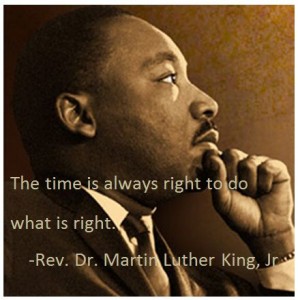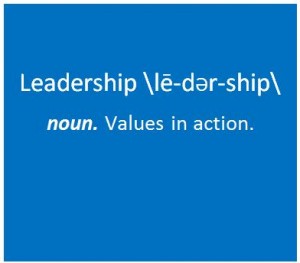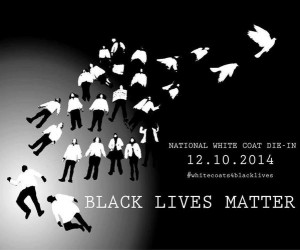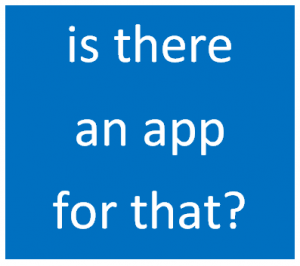If you live in the north, you know about snow days. Your kids feel cheated if there aren’t a few each winter. Parents juggle to find backup plans when school closings are announced. If your employer is quick to close when there is a major storm or tells you to work from home you may breathe a sigh of relief.  You’re just glad that you don’t have to get up at the crack of dawn to shovel out your driveway and try to get down your unplowed street.
You’re just glad that you don’t have to get up at the crack of dawn to shovel out your driveway and try to get down your unplowed street.
But hospitals never close, nor can they or should they. The everyday heroes I want to recognize are everywhere at the University of Michigan Health System. The nurses who pulled a double shift because their colleagues couldn’t make it in to relieve them. The support staff throughout the hospital who ensure patients are cared for, in a safe, clean environment. The diligent teams who ensure there are meals for patients and staff. There are too many to mention but just think about all the hospital staff you see on a normal day – they all keep the hospital operating like nothing happened. Continue reading

 And we’ve all had those excellent customer service experiences: think about the difference. Was it the smile, the caring attitude, the problem solving focus, the level of ownership, the offer to help before you could even ask for help? These are just some of the attributes of good customer service.
And we’ve all had those excellent customer service experiences: think about the difference. Was it the smile, the caring attitude, the problem solving focus, the level of ownership, the offer to help before you could even ask for help? These are just some of the attributes of good customer service. I encourage my staff to “
I encourage my staff to “




